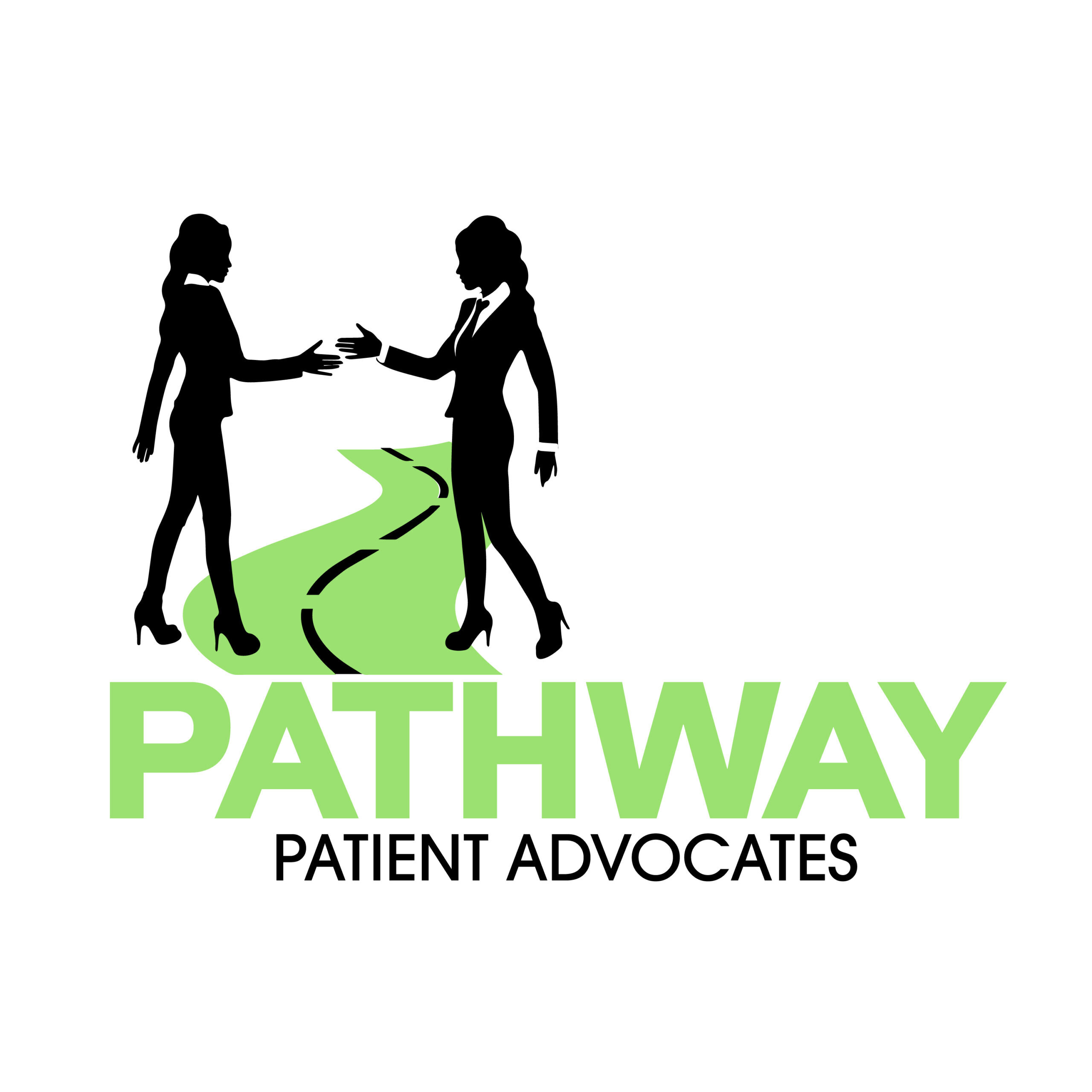Hopefully, you have been fortunate enough to never have heard the word “cholangiocarcinoma” come from the lips of a doctor or a loved one. Unfortunately, I cannot say the same…
What in the world is Cholangiocarcinoma?
Cholangiocarcinoma is a rare cancer, which is also known as cancer of the bile duct. The ducts of the liver and duct of the gallbladder come together to form the common bile duct. The gallbladder is connected to the liver. Cholangiocarcinoma (bile duct cancer) is not only rare, it has a terrible prognosis, rapidly progresses, and is often caught in advanced stages.
The American Cancer Society reports that approximately 8,000 people are diagnosed with cholangiocarcinoma each year in the United States. To put that into perspective; breast cancer, which is one of the most common types of cancer is expected to have over 325,000 new cases diagnosed this year in the United States. Many studies report the median survival rate of cholangiocarcinoma to be about 6 months depending on the location and extension. So in summary, it’s a pretty awful, horrible, horrible, horrible diagnosis.
The Challenge of Rare Disorders
One challenge with rare disorders, such as cholangiocarcinoma is that there is typically less data on different treatment options and there are few providers who are experienced with treating the disorder. It is so rare that several doctors have not heard of this form of cancer.
A True Story…
Always Ask Your Questions
If there is one thing I recommend, it is to ALWAYS ask your questions! My previously healthy brother who is also my very best friend was diagnosed on MRI with cholangiocarcinoma at the young age of 41 years old (the average age of diagnosis is 71 y.o.).
On the day of diagnosis, I entered his hospital room and saw tears streaming down his face, as a medical intern informed him of the diagnosis, telling him that the prognosis was poor and nothing could be done and she anticipated a few months left. I was shocked at the delivery of this news by the intern. I asked for a surgical consult to evaluate if surgery would be an option, and my brother agreed he would like to have a surgeon’s input. The intern again informed us that surgery would not be an option, so there was no point. I continued to insist that we would like to hear that opinion from the surgery team themselves.
My brother (like most people) had no idea what the difference between an intern, attending physician, or specialist was. (To learn more about these titles, read our blog: PA, NP, MD, DO, Resident, Fellow…How Are These Titles Different? ) Knowing that the doctor was an intern and it was the end of July, I knew that the intern had just started her training at the hospital (typically interns start their internship on July 1st). I found this to be out of her scope of practice, to share such news to a patient without asking for a surgeon’s input, especially after the patient/family’s request. The intern may have not realized so early in her career the negative impact her briskness on the situation may have caused in, this case, my brother’s life. Finally, I asked if she would bring our request for a surgical evaluation to her attending physician. The intern agreed to this, and that day my brother was evaluated by a surgeon, who stated that based on the imaging, he was confident he could remove the entire tumor surgically. One week later my brother underwent a successful 13-hour surgery. Fast forward to 3 years later…I just finished having dinner with my brother, sister-in-law, and their 4 children. My brother is healthy and living his life to his fullest with a great quality of life. That one question made a world of difference!
The Moral of The Story
The moral of the story is NEVER hesitate to ask your questions. Regardless of whether it is an intern, attending, or even an oncology specialist; ask your questions. If what you hear does not seem right, ask again, and get more information and opinions. It may very well be that you will get the same answer from 2 or 3 healthcare providers, but that will just help confirm that you are making the right decision. Healthcare providers each have their own way of practicing and one doctor may have a different medication or surgical technique that the other doesn’t practice. This is important when looking at any medical issue, but ESPECIALLY important when it comes to cancer. Nonetheless, a RARE CANCER.
Private Patient Advocate
As private patient advocates, Pathway Patient Advocates can help you navigate and support you through this challenging journey. Thankfully, more recently, there have been wonderful advances in cholangiocarcinoma and great resources available. I have found the Cholangiocarcinoma Foundation to be an excellent resource for patients.
Call Pathway Patient Advocates today (248) 247-8552. We want to help you!






